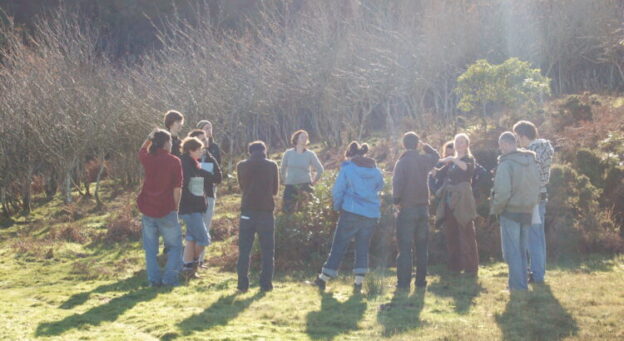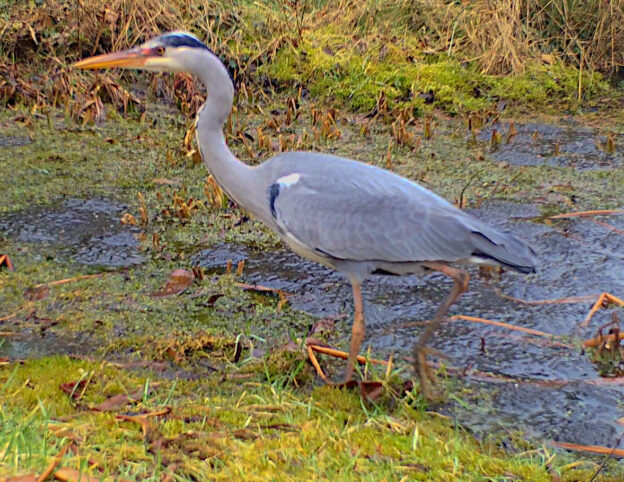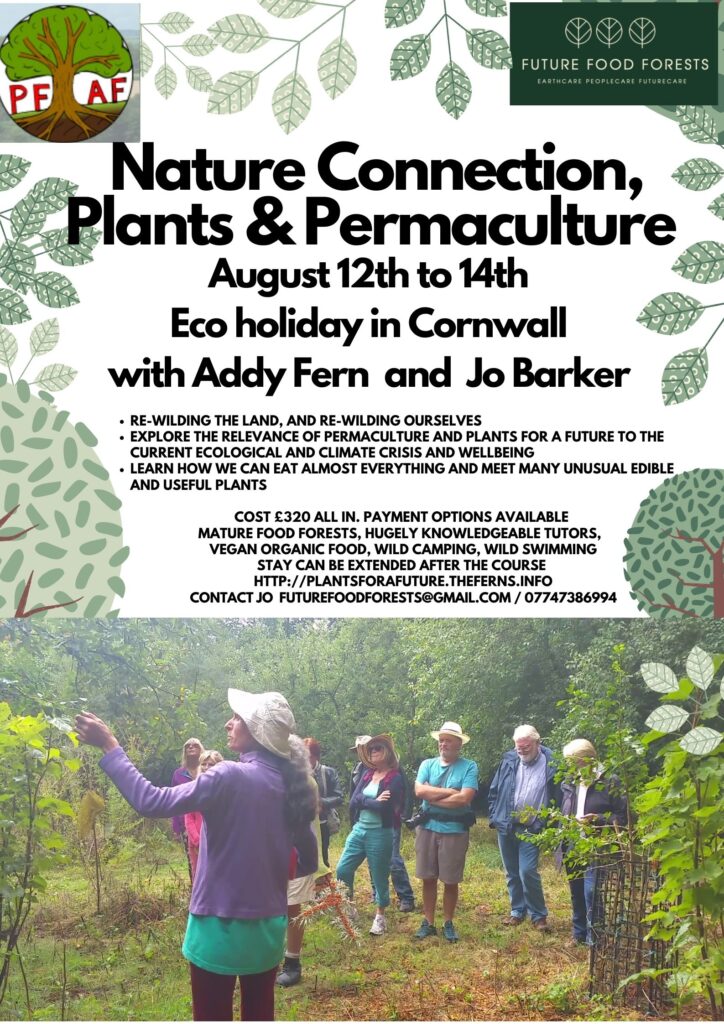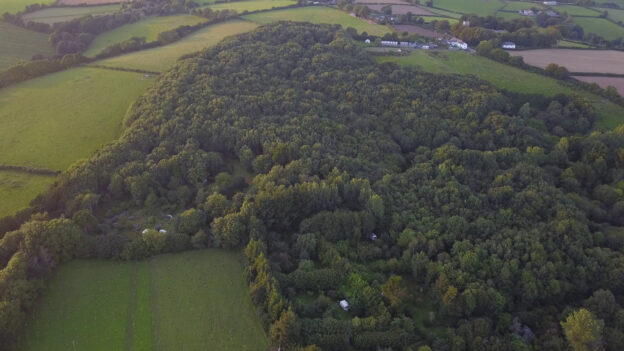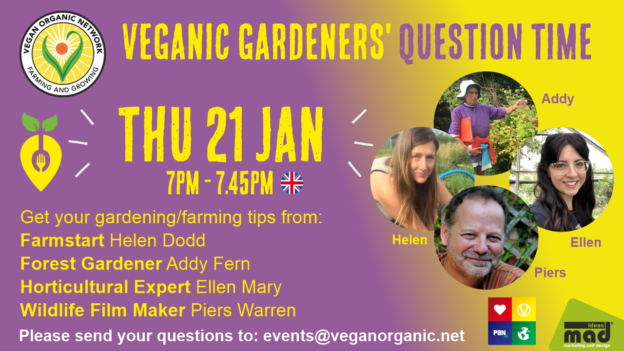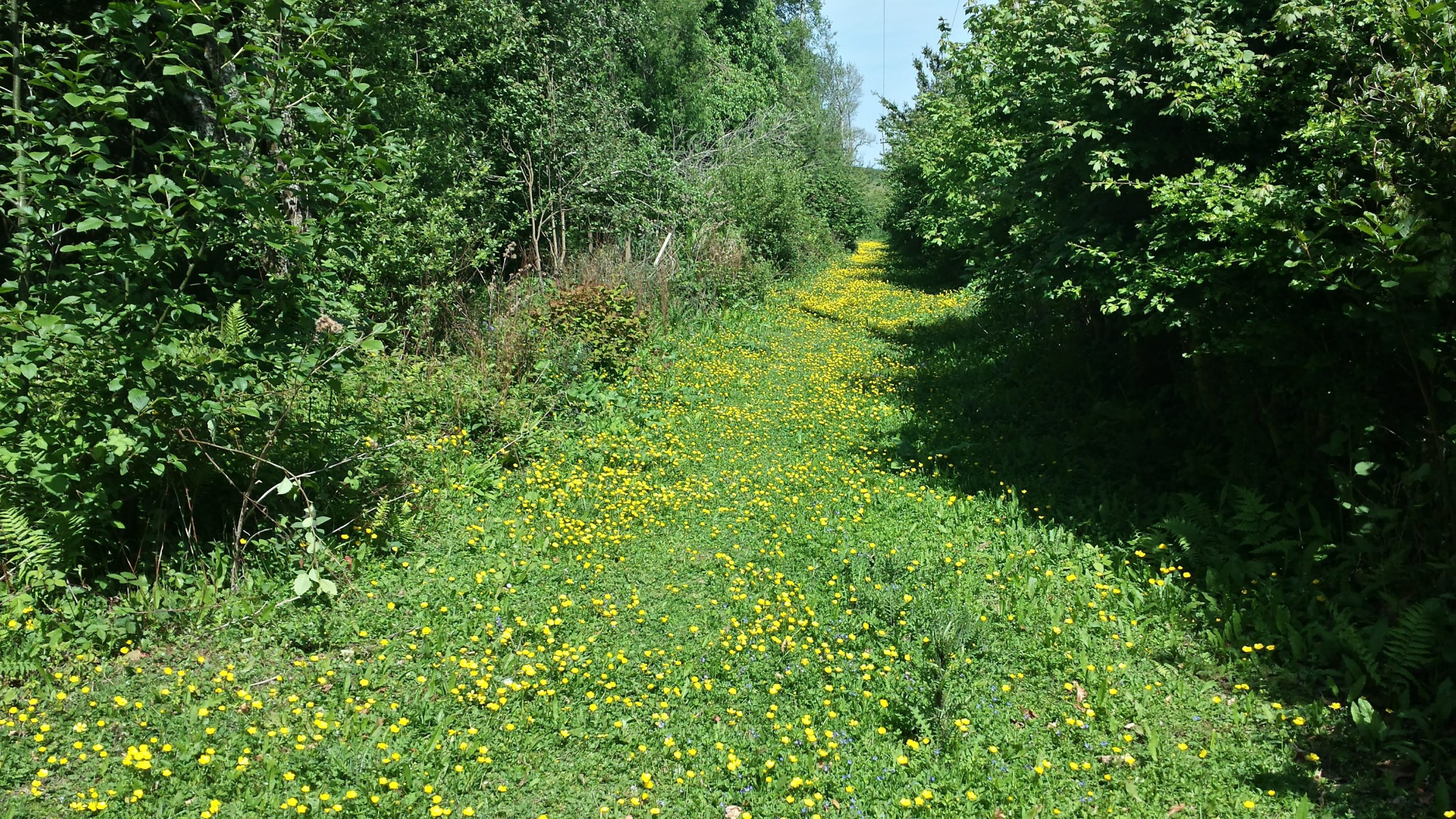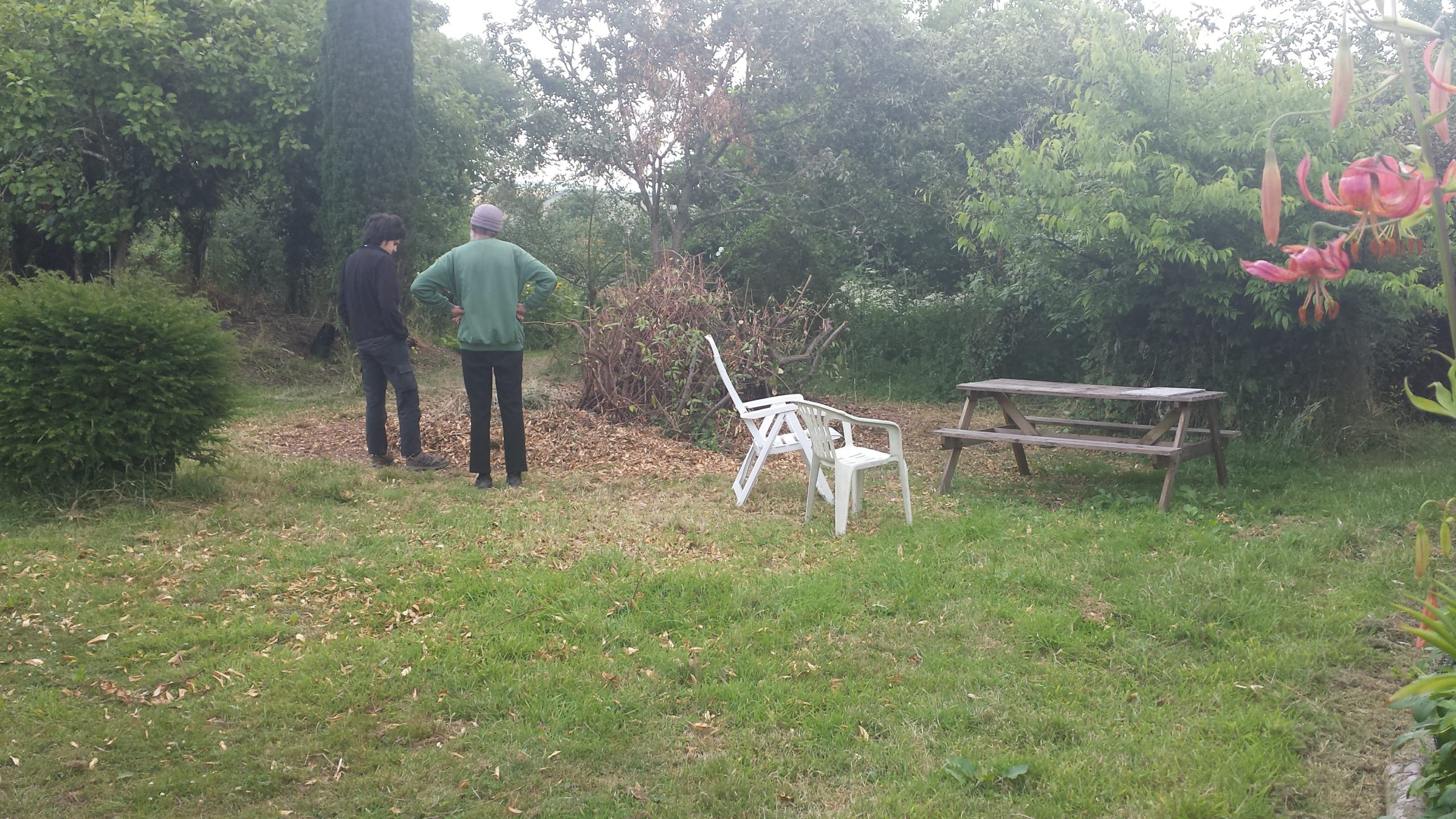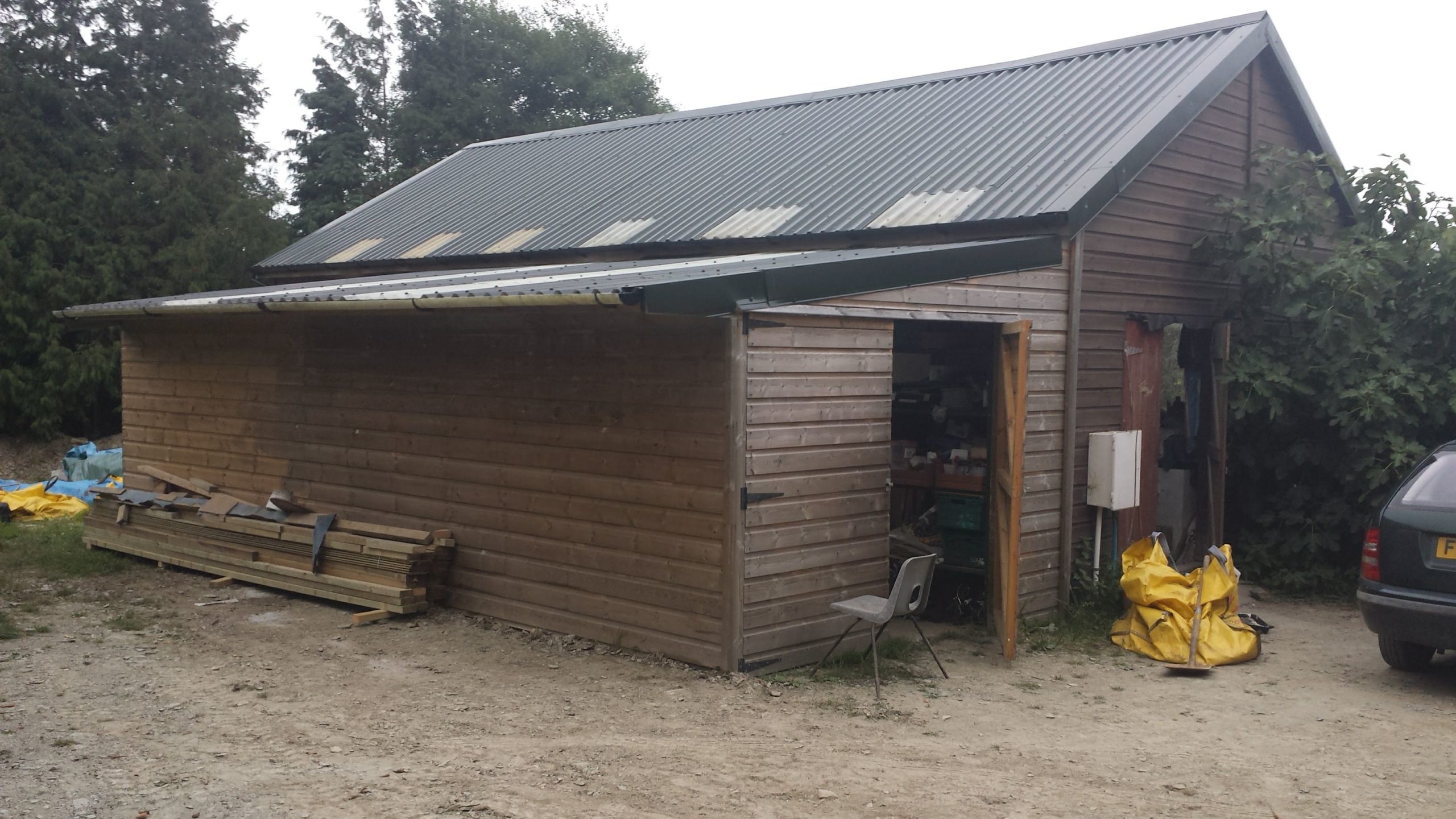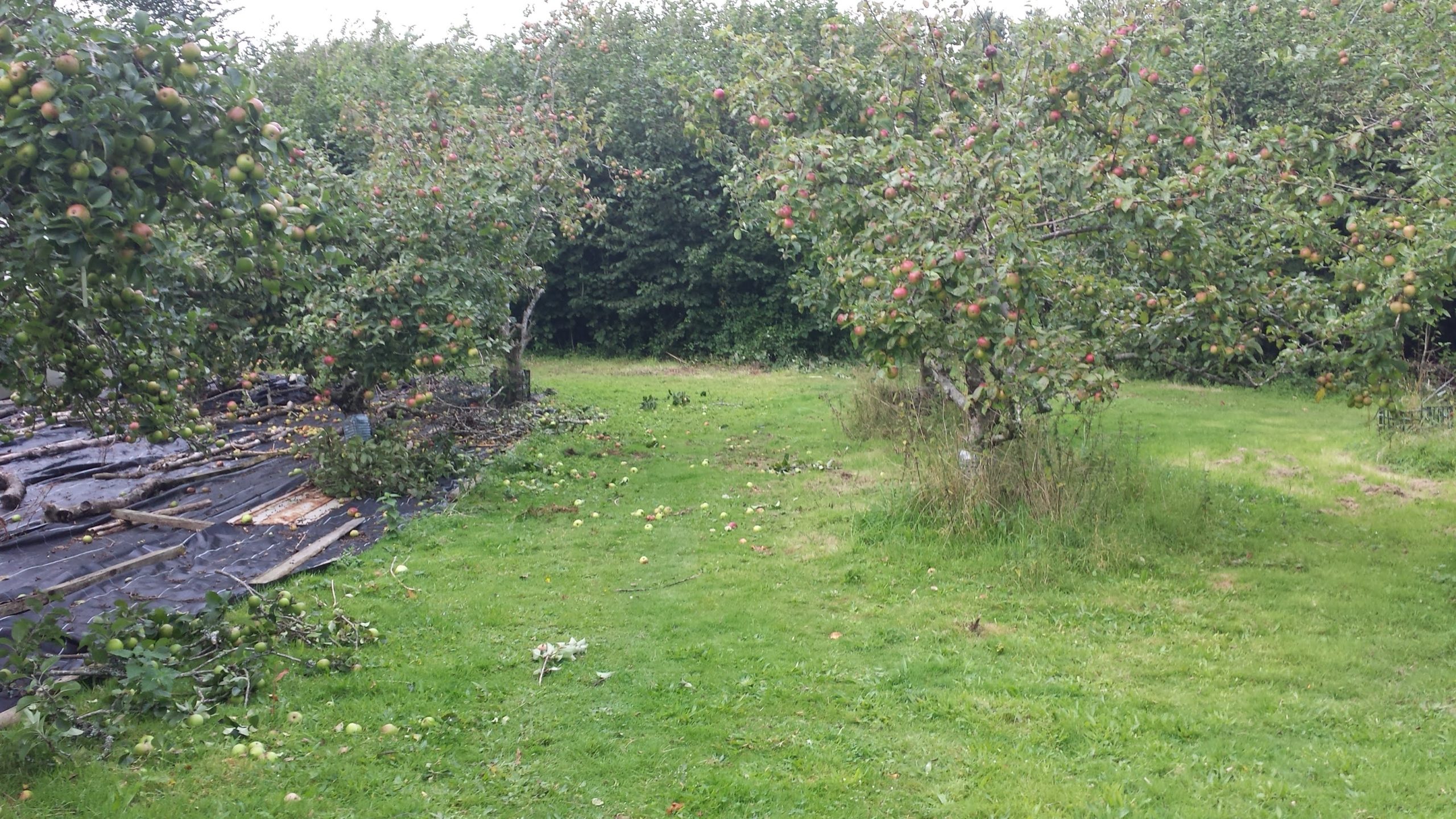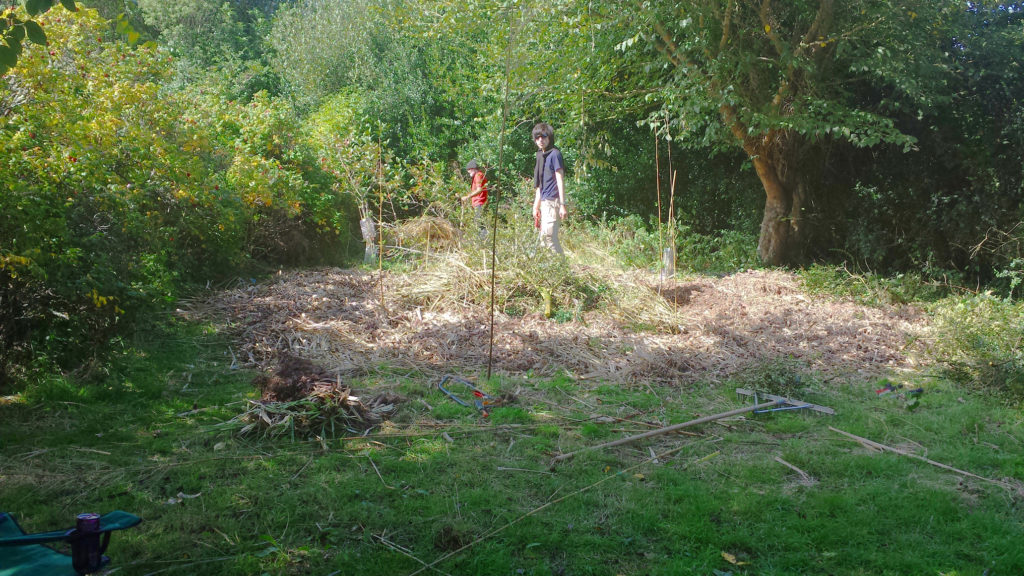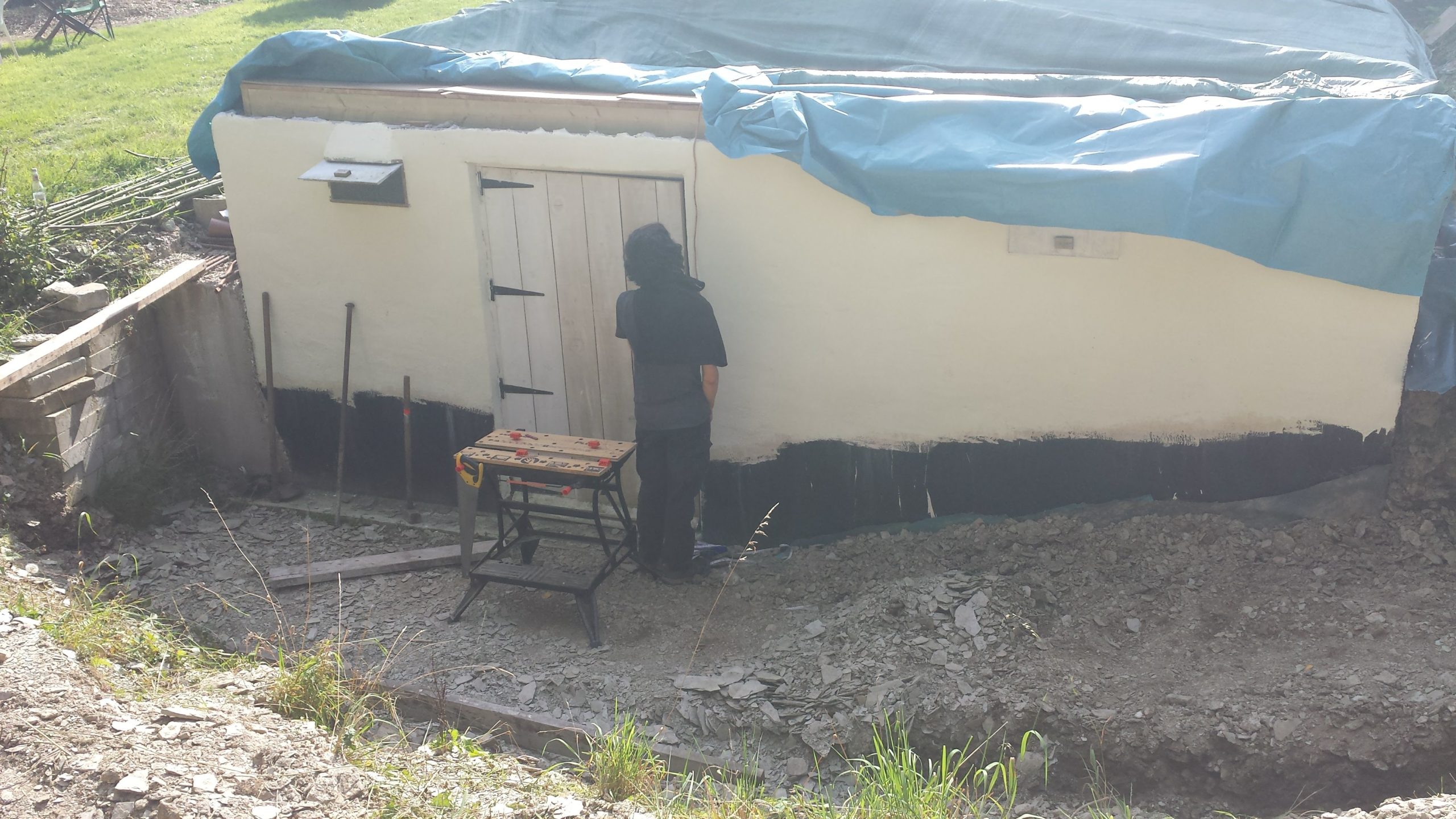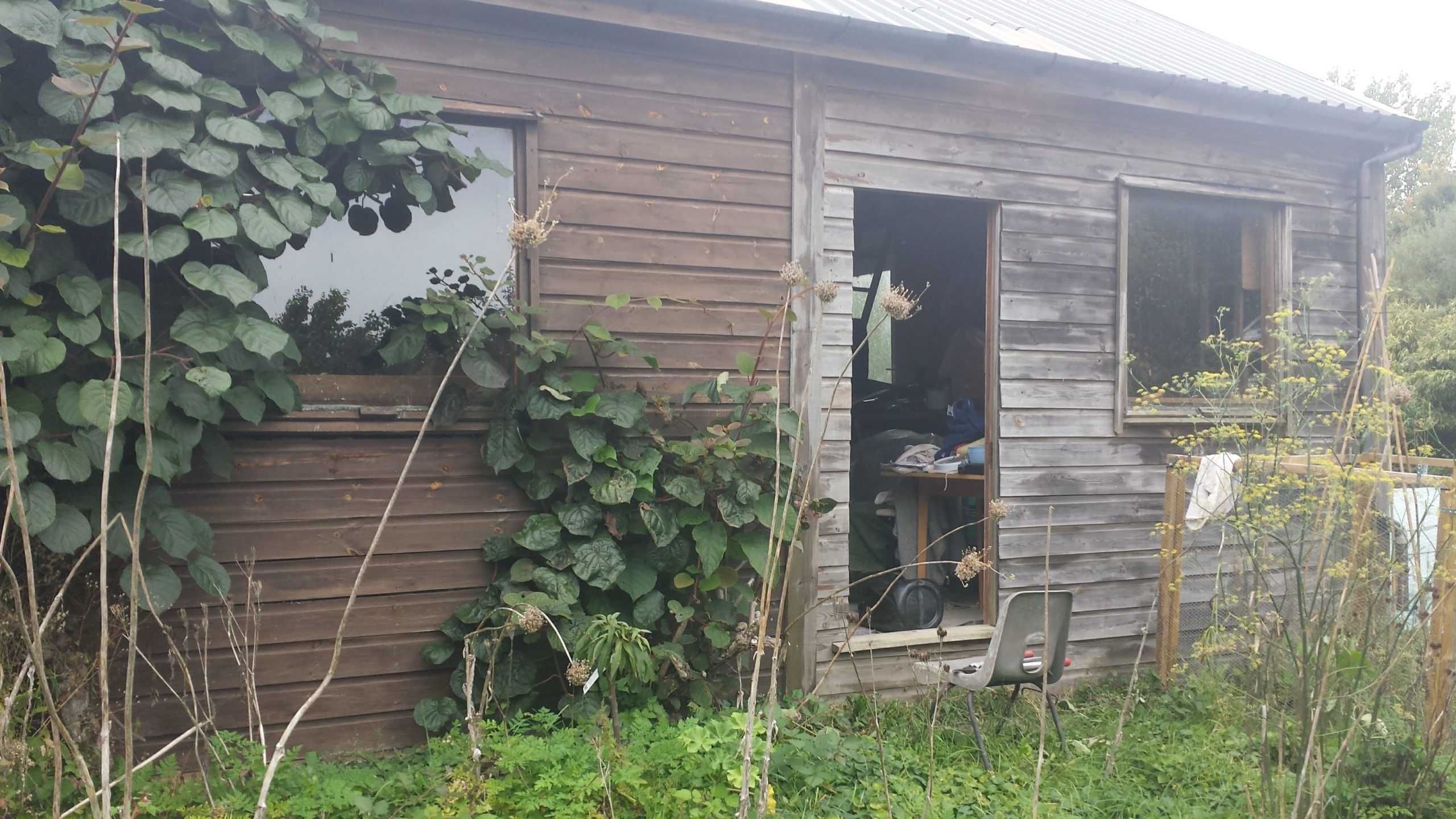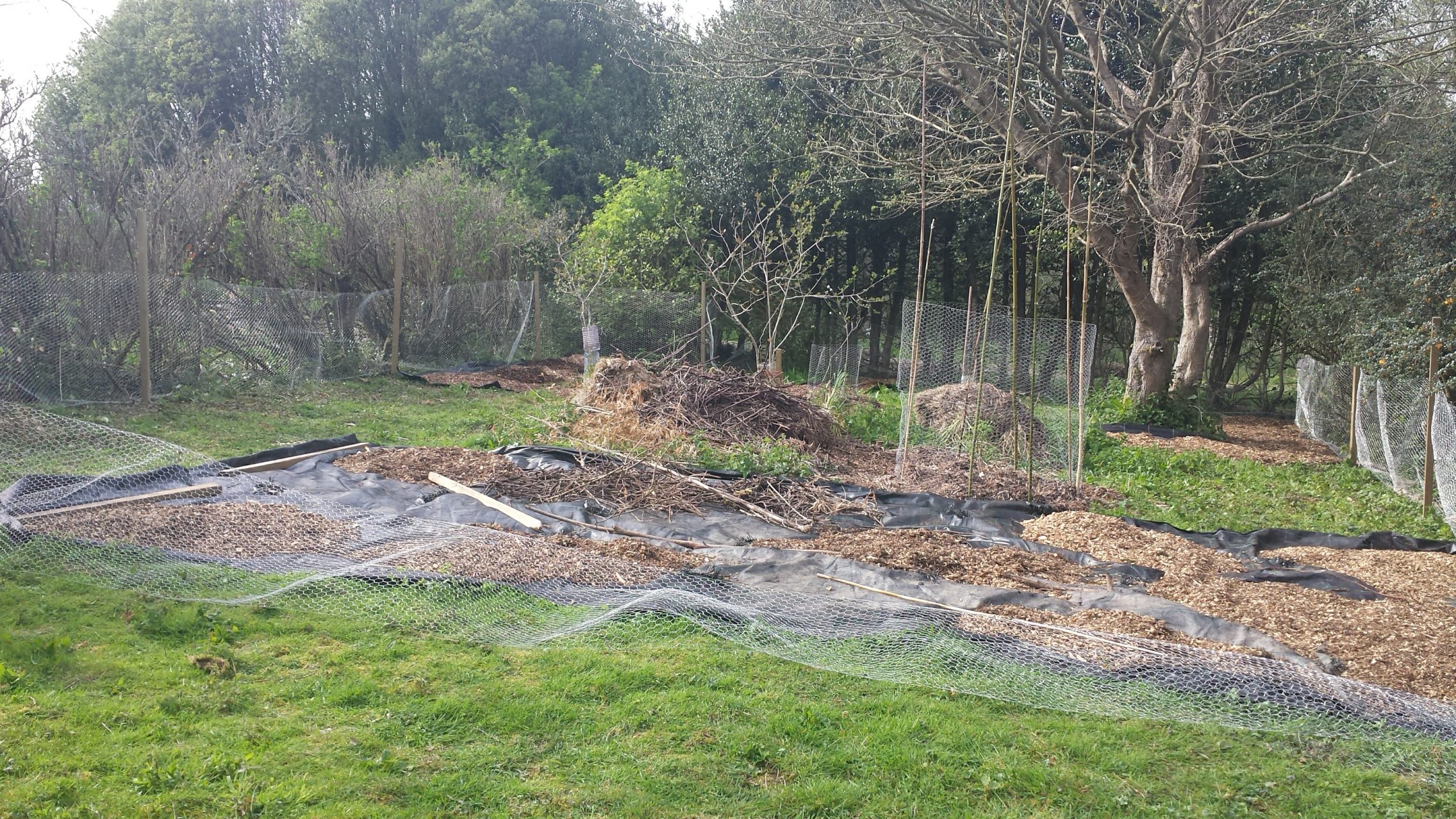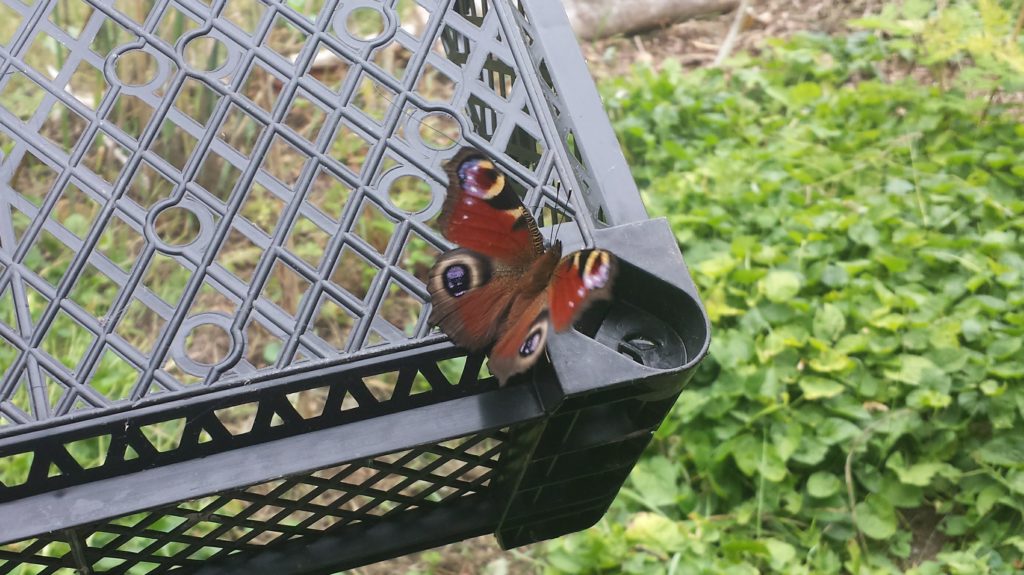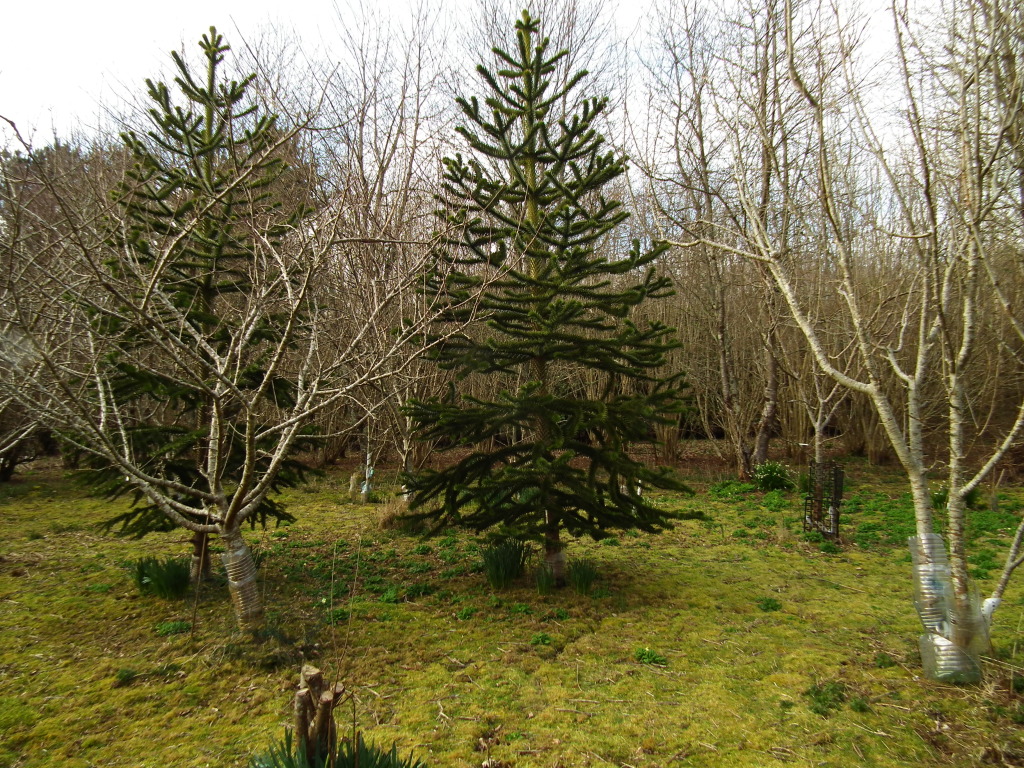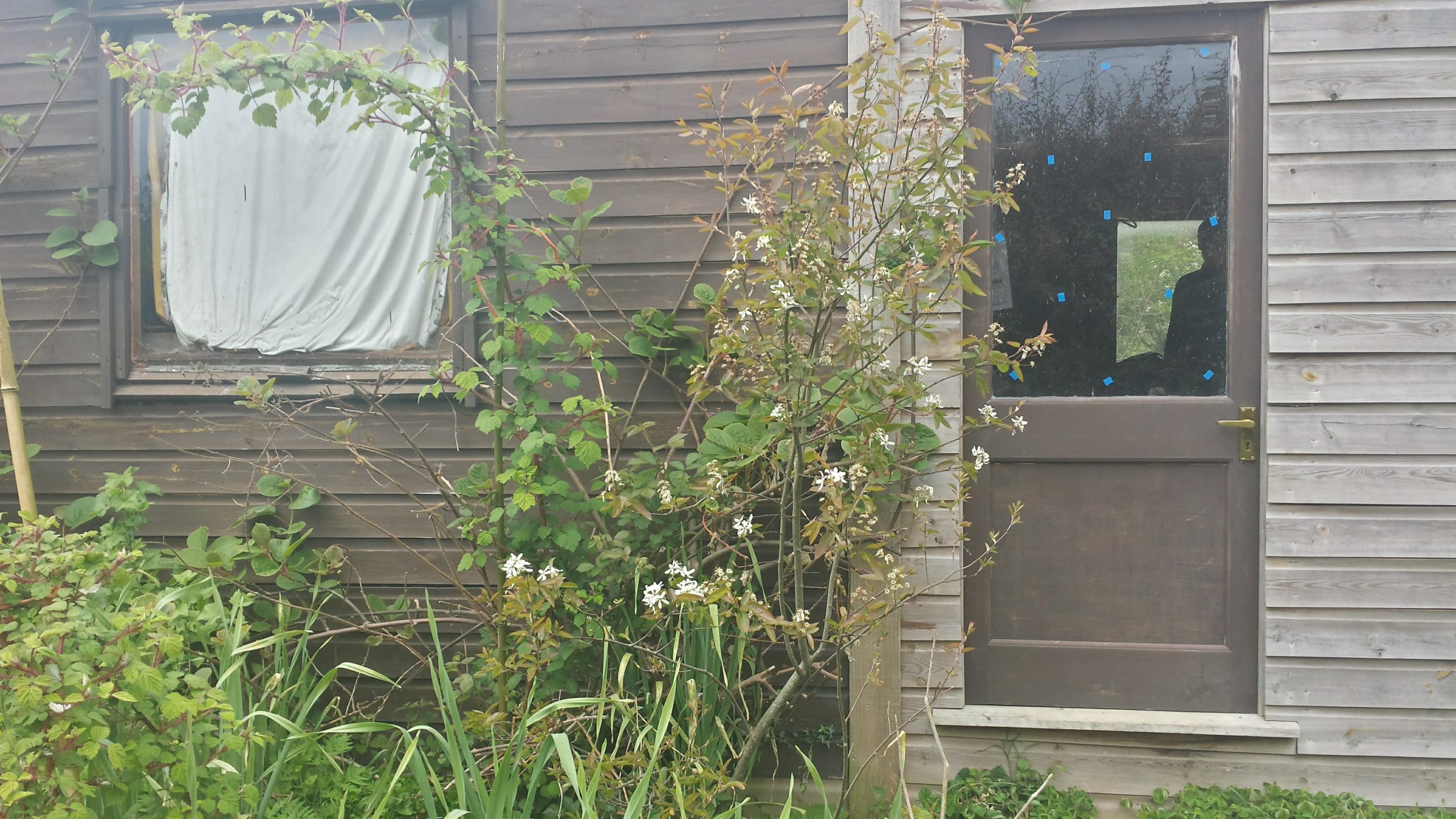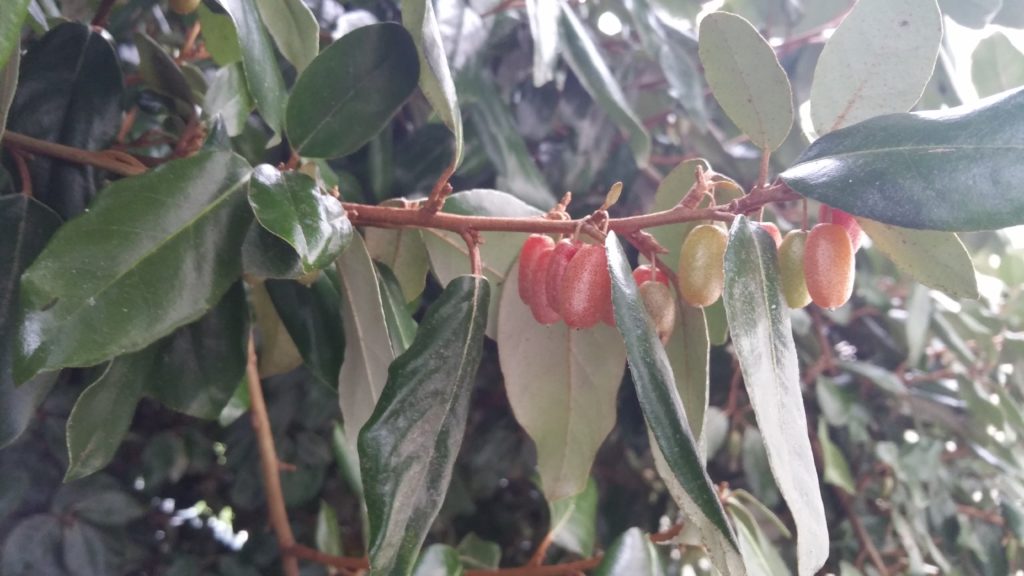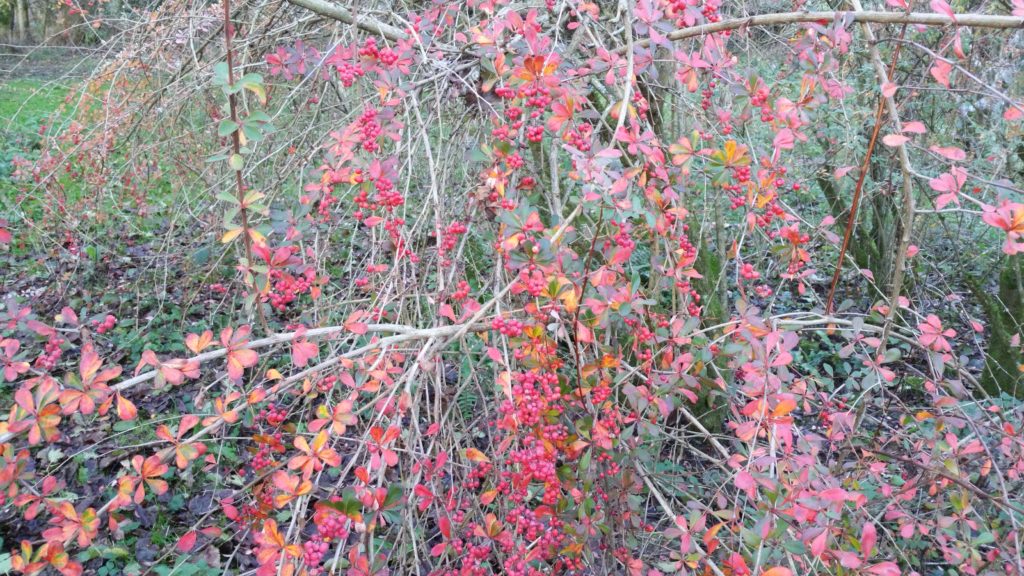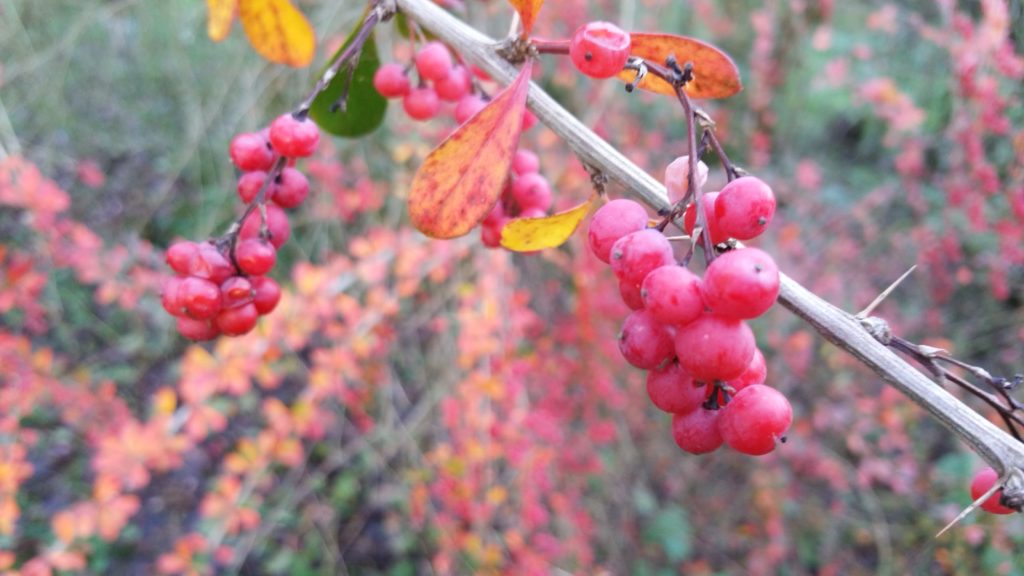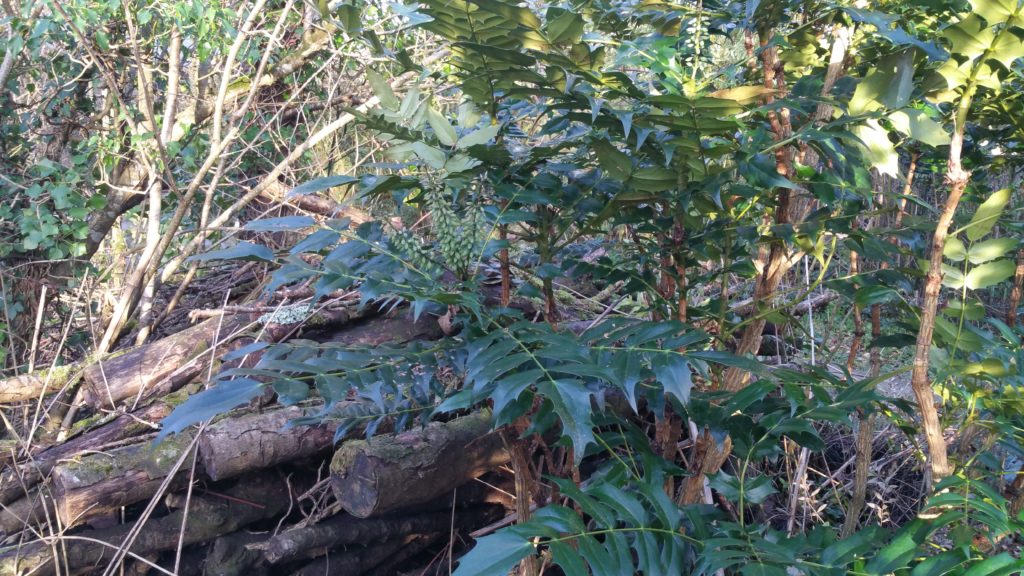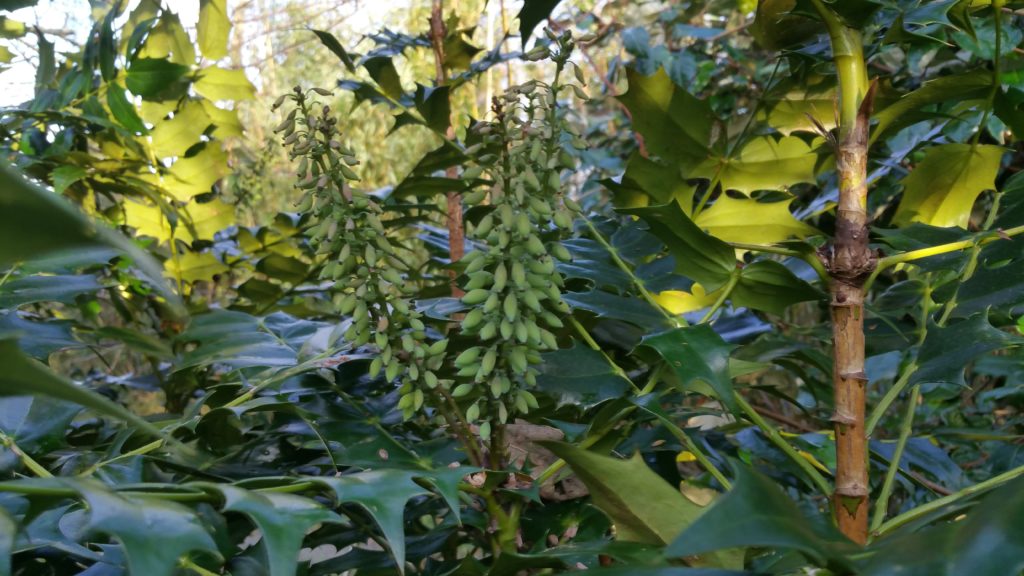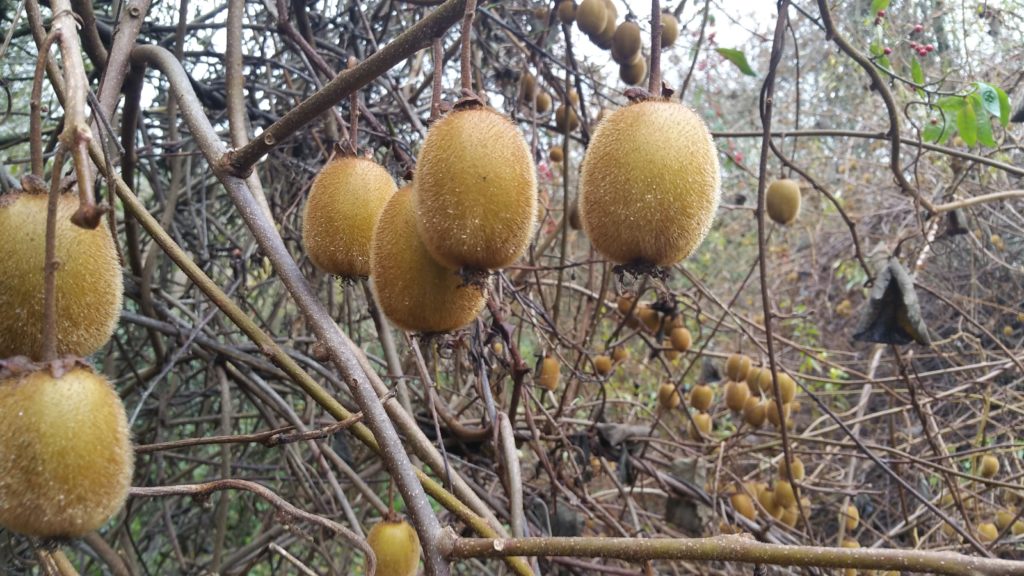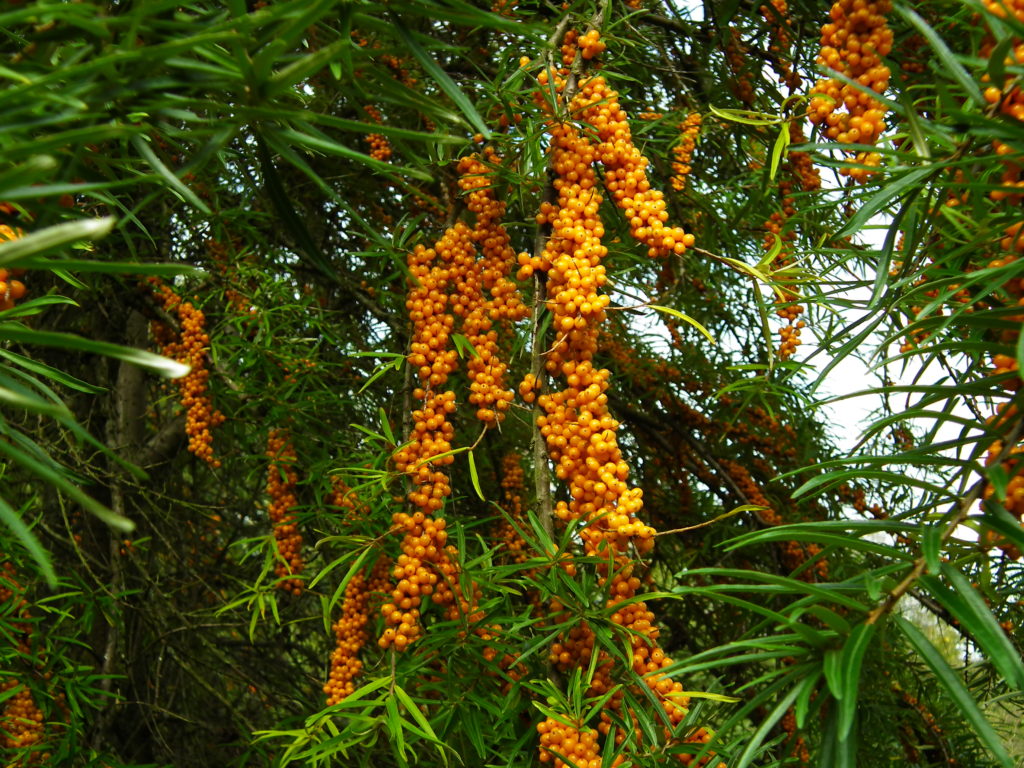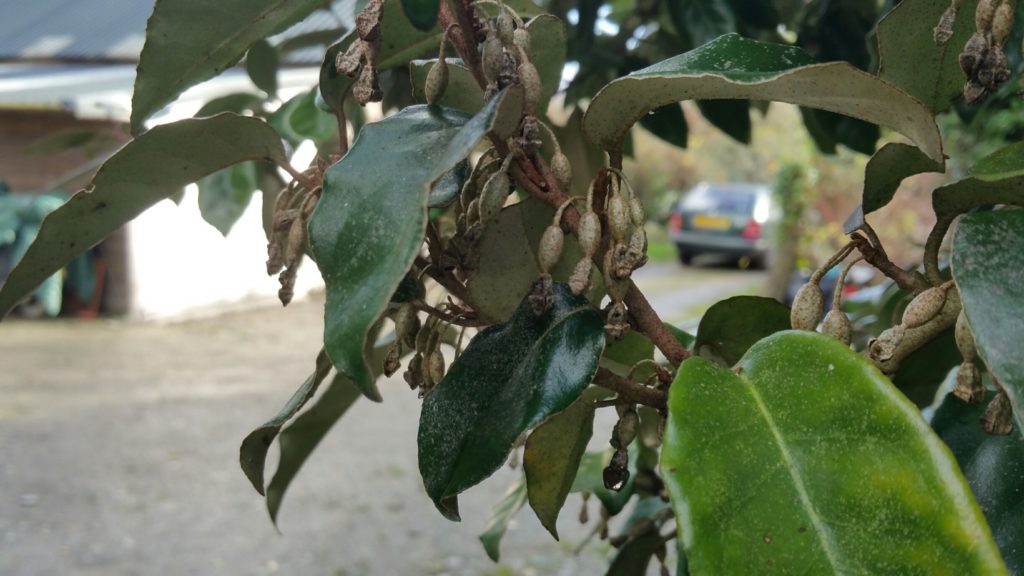1) One Day Chakra Retreat at Plants for A Future, with Kaya Marklund
Saturday 13th May 10.30am – 7pm
For more info please see attachment
To book, please phone 07498527611 or email [email protected]
2) 3 Day course on Active Hope and Permaculture with Klaudia Van Gool and Addy Fern
13th-16th July 2023
Active Hope is a process designed by Joanna Macey, to help us to face our difficult emotions connected with the destruction of the Natural Environment – or anything else! Active Hope has its roots in connecting with the Natural World, and in Buddhism.
For more info, and to book, please go to klaudia.co.uk
On her website, go to “Workshops and Training”, then “All Courses”. Scroll down until you see Active Hope and Permaculture.
3) Nine-day Chakra Retreat with Kaya Marklund. Addy Fern will be teaching some morning yoga
12th – 20th August 2023
More details to follow – or contact Kaya – see above.
4) Various Guided Tours of Plants For A Future
Various dates available – which I am in the process of sorting out!
I will be giving various tours as crowd-funder rewards for Claire Wallenstein at Cornwall Climate care to enable her to fund her current film “Hungry for Change” – which also features us! Contact me at [email protected] to book a tour
The Planned dates for Claire are Sunday May 7th, Sunday June 18th, Sunday July 9th and Sunday August 27th. Some of these may change.
A tour is an interesting walk around the land looking at and tasting (where appropriate) the many edible, medicinal, and other useful plants growing on the Land. We will look at perennial salads; fruits, including many unusual and intriguing fruits and superfood berries that people can grow themselves; nuts and root crops. The tour also looks at how we can grow food more efficiently and with less effort. And we consider ways we can grow our food more in harmony with Nature, rather than just fighting against it all the time, and why this is so important for our own survival on this Planet.
